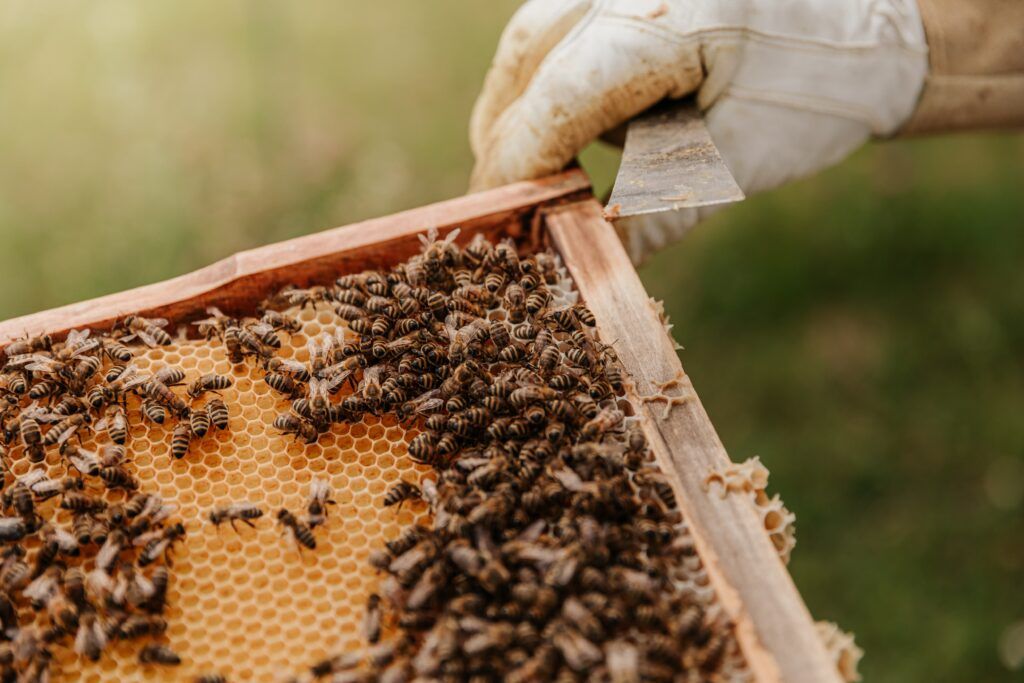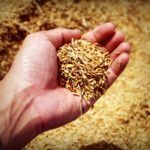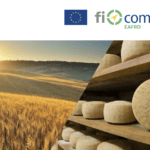The Commission is presenting ‘A New Deal for Pollinators’ to tackle the alarming decline in wild pollinating insects in Europe, revising the 2018 EU Pollinators Initiative. Citizens have been increasingly calling for decisive action against pollinator loss, also through the recent successful European Citizens’ Initiative ‘Save Bees and Farmers‘. The renewed initiative sets out actions to be taken by the EU and the Member States to reverse the decline of pollinators by 2030 as today, one in three bee, butterfly and hoverfly species are disappearing in the EU. It complements the Commission’s proposal for a Nature Restoration Law of June 2022 and is a key part of the Biodiversity Strategy 2030, the Farm to Fork Strategy and the European Green Deal.

Pilot project, Restructuring of the honey bee chain and varroa resistance breeding and selection programme. Final study report |
Reversing decline of pollinators by 2030
The revised EU Pollinators Initiative sets objectives for 2030 and actions under three priorities. The key priority is improving pollinator conservation and tackling the causes of their decline. This will be done through:
- Better conservation of species and habitats – for example, the Commission will finalise conservation plans for threatened pollinator species; it will identify pollinators typical of habitats protected under the Habitats Directive which Member States should protect; and the Commission jointly with Member States will prepare blueprint for a network of ecological corridors for pollinators, or ‘Buzz Lines’.
- Restoring habitats in agricultural landscapes – notably through more support for pollinator-friendly farming under the Common Agricultural Policy.
- Mitigating the impact of pesticide use on pollinators – for example through legal requirements to implement integrated pest management or through additional test methods for determining the toxicity of pesticides for pollinators, including sub-lethal and chronic effects. As the excessive use of pesticides is a key driver of pollinator loss, reducing the risk and use of pesticides as per the Commission’s Sustainable Use of Pesticides proposal will be critical.
- Enhancing pollinator habitats in urban areas.
- Tackling the impacts on pollinators of climate change, invasive alien species and other threats such as biocides or light pollution.
The initiative will also focus on improving knowledge of pollinator decline, its causes and consequences. Actions include establishing a comprehensive monitoring system, supporting research and assessment for example by mapping Key Pollinator Areas by 2025, and targeted actions to promote capacity-building and dissemination of knowledge.
A final priority is mobilising society and promoting strategic planning and cooperation. The Commission will support Member States to develop national pollinator strategies. The Commission and Member States shall also help citizens and business to act, for example by raising public awareness and supporting citizen science.
The full list of actions can be found in the Annex to the Communication ‘A New Deal for Pollinators’.
Next steps
The Commission invites the European Parliament and the Council to endorse the new actions and to be actively engaged in its implementation, in close cooperation with all relevant stakeholders. The new actions will complement forthcoming National Restoration Plans (under the proposed Nature Restoration Law) where Member States will identify the measures to achieve the legally binding target of reversing the decline of pollinator populations by 2030.
Later this year, the Commission will respond to the Citizens’ Initiative ‘Save Bees and Farmers’ through a dedicated communication.
Background
Pollinators are an integral part of healthy ecosystems. Without them, many plant species would decline and eventually disappear along with the organisms that depend on them, which would have serious ecological, social and economic implications. With around 80% of crop and wild-flowering plants depending on animal pollination, pollinator loss is one of the largest threats to EU nature, human wellbeing and food security, as it compromises sustainable long-term agricultural production. Today’s geopolitical context has further strengthened the need to make our food system more resilient, including through protecting and restoring pollinating insects.
The initiative builds on comprehensive stakeholder consultations and institutional feedback from the European Parliament, the Council, the Committee of the Regions, and the European Court of Auditors. It is also in line with the recently adopted Kunming-Montréal Global Biodiversity Framework which includes a global target to reduce the risk from pesticides by at least 50% by 2030.

Bee health: new data hub goes live |
Source: European Commission







Leave a Reply